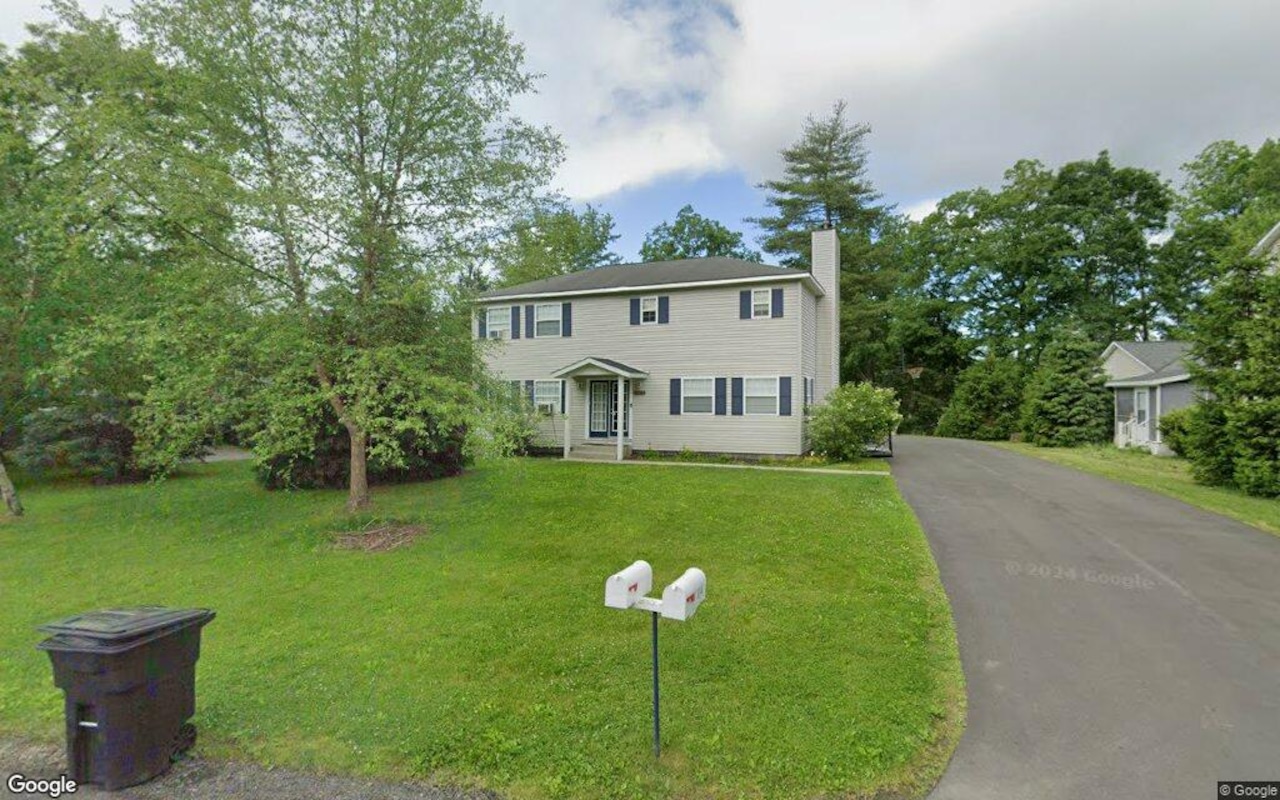T
he stock market's recent tumble, triggered by President Trump's surprise tariffs announcement on April 2, has sent shockwaves through the economy. As investors flock to bonds in search of safer havens, mortgage rates have plummeted, offering a temporary reprieve for homebuyers. However, this brief respite may be short-lived, as rising inflation and unemployment could soon stall home purchases.
The tariffs' impact on the real estate market is complex and multifaceted. On one hand, lower mortgage rates are making homes more affordable, which should boost sales. But on the other hand, the uncertainty surrounding the tariffs has left consumers hesitant to make big-ticket purchases like houses and cars.
Builders may breathe a sigh of relief as Canada and Mexico, major suppliers of building materials, have been spared the 10% base tariff. Nevertheless, previous levies on home appliances and raw materials are still in place, which could increase construction costs by $9,200 per new home.
As the spring homebuying season gets underway, economists warn that the tariffs' effects will be felt across the economy. If inflation rises, mortgage rates may climb back up, making homes less affordable once again. The Federal Reserve's decision to cut interest rates or maintain them could also have a significant impact on the housing market.
The National Association of Home Builders estimates that builders are already struggling to deliver smaller, more affordable inventory due to previous tariffs. Additional levies, especially those targeting Canada and Mexico, could further jeopardize their ability to meet demand.
Economists expect inflation to soar if the tariffs remain in place, potentially pushing core inflation from 2.8% to 4.7%. The unemployment rate, currently at 4.1%, could rise to 5%. If this scenario unfolds, the Federal Reserve will face a difficult decision: whether to treat the inflation as a one-off event or a sign of a deeper economic issue.
Despite these challenges, some housing data suggests that the market is still showing signs of resilience. Purchase applications have increased year-over-year, and existing home inventory continues to grow. However, pending sales remain sluggish, and new listings are up only slightly. As the economy navigates this uncertain terrain, one thing is clear: the tariffs' impact on the real estate market will be felt for months to come.













